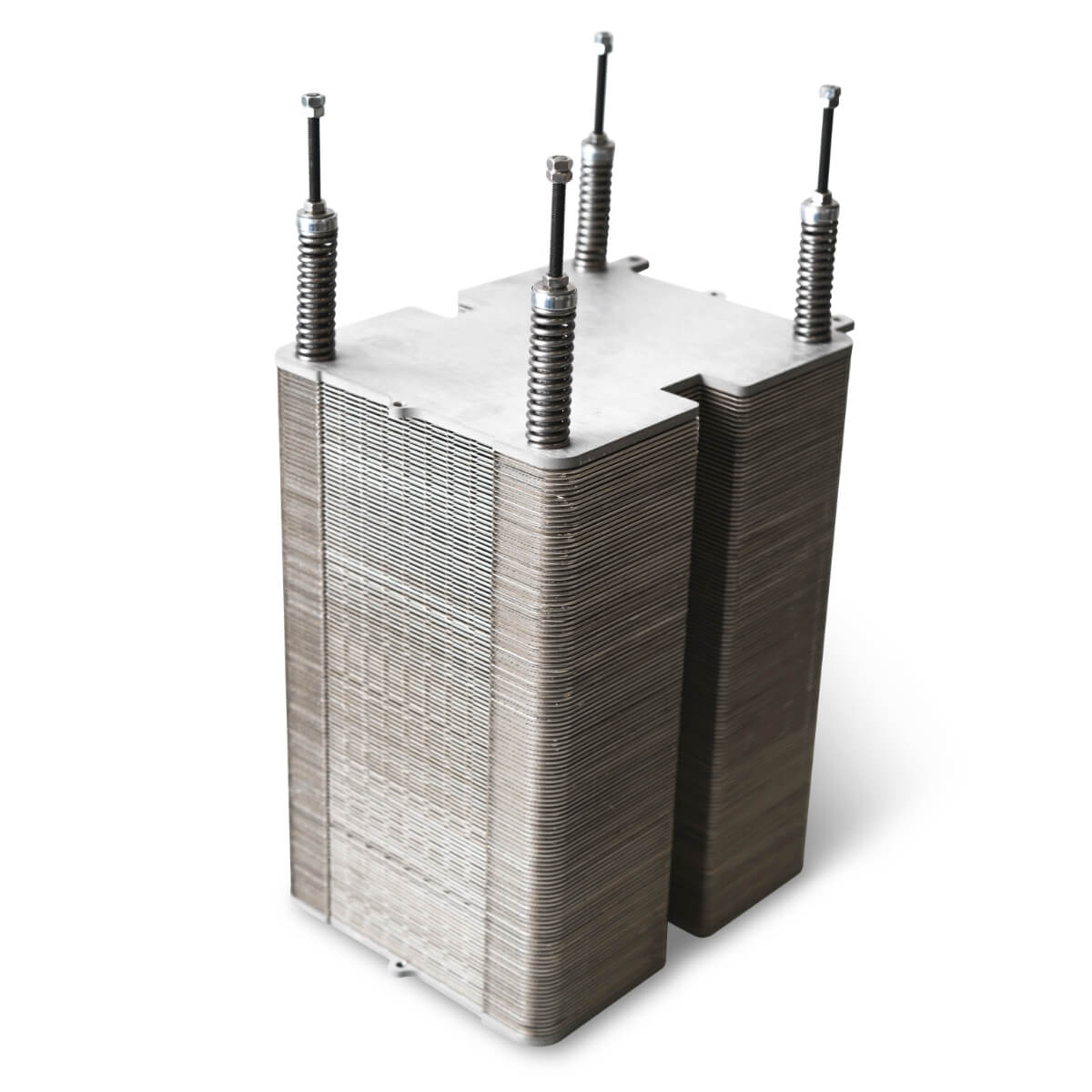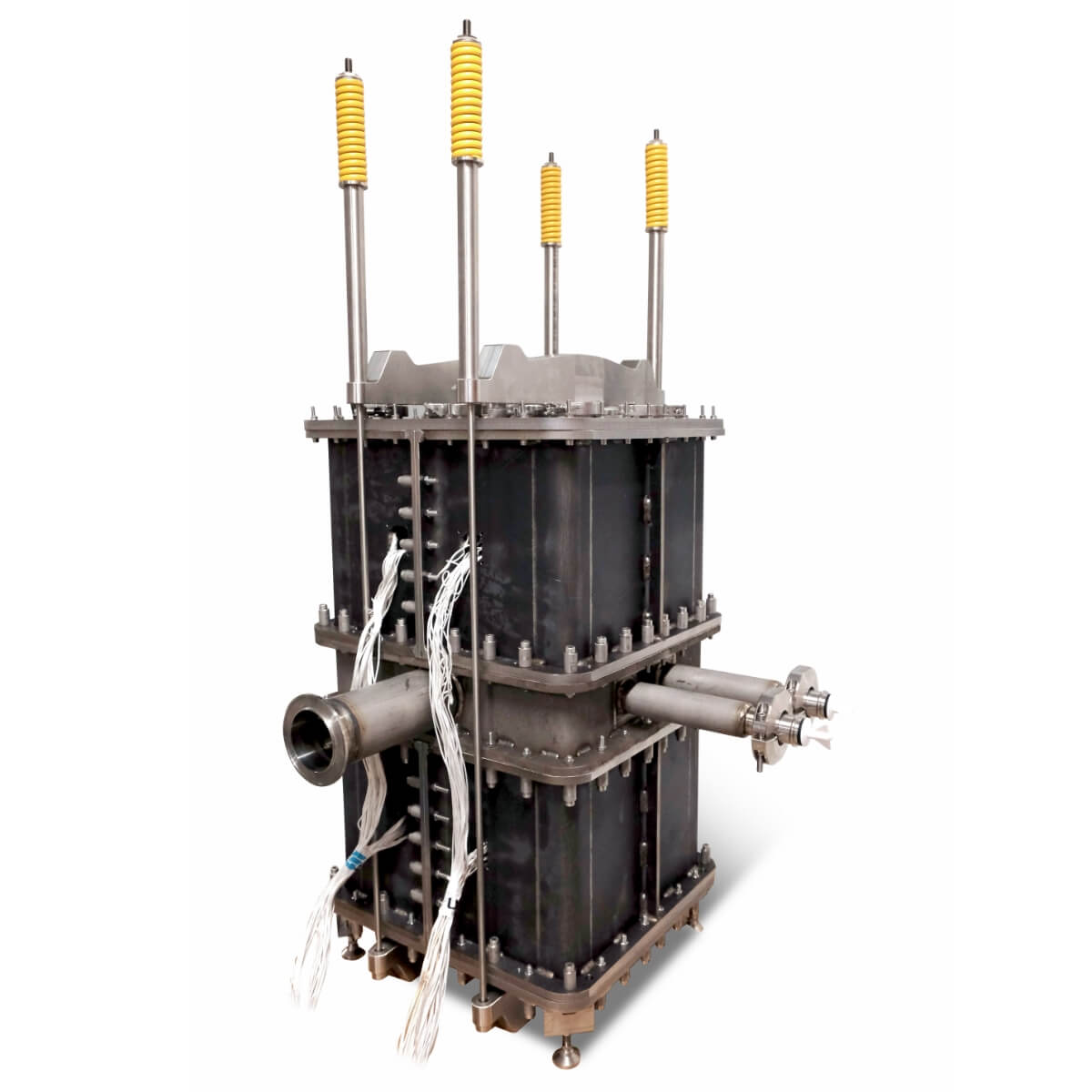Europe must turn to existing hydrogen and fuel cell technology to ensure its energy security and reduce its dependence on politically unstable and carbon-intensive supplies, a conference has heard.
Industry experts at a recent discussion on securing European energy security confirmed that the single market should look towards clean energy solutions to lessen its dependence on primary energy from politically unstable regimes and supplies with carbon-heavy footprints.
In recent years Europe has highlighted its heavy dependence on Russian gas imports, particularly through the Ukrainian transit route, as a potential disruption risk. Also raising concerns is the current diplomatic standoff between the world’s biggest gas exporter Qatar and its Gulf state neighbours, along with the impact of recent natural disasters, such as hurricanes Harvey and Irma, on energy security.
The discussion was part of the recent The Role of Fuel Cell and Hydrogen Technology in Delivering Energy Security for Europe conference in Tallinn, organised by Estonia’s National Institute of Chemical Physics and Biophysics (NICPB), Finnish technical research centre VTT, and European solid oxide fuel cell company Elcogen.
Attendees learned that existing hydrogen and fuel cell technologies have proved their potential for Europe’s energy mix but the challenge was now ensuring their large-scale market adoption.
Factors that need to be addressed include:
- Further research into reducing costs and durability;
- Continuing current European co-operation – across industry, academia and government – and ensuring public funding is maintained; and,
- Focusing public funding towards addressing issues around implementation, commericalisation and mass manufacturing.
European Fuel Cell and Hydrogen Joint Undertaking Executive Director Bart Biebuyck said:
“We need to become independent from unstable regions outside of Europe, and we have to speed that up as fast as possible because if it’s a case of someone outside of Europe just closing the pipelines or not supplying us with crude oil anymore then we have huge economic damage here in Europe.”
University of Birmingham’s Prof Robert Steinberger-Wilckens said:
“The main issue is energy imports which we have to get away from. Integrating more renewables is the key, with hydrogen being one of the options for storage.
“The other thing is the threat to infrastructure, whether that’s natural disaster or storms or malignant interference. In Germany there was a snowstorm, three or four years ago, and some parts of the country were without any energy supply for three weeks in winter.”
“In a case like Florida where everything is flooded, decentralized energy production could have helped – it makes the whole energy system much more resilient.”
Elcogen CEO Enn Õunpuu said:
“To be independent of imported primary energy we should increase local production, with wind power a very good example of that. Storage is still a challenge and, although batteries are seen as the main storage technology, fuel cells and solid oxide fuel cells in particular are the most efficient technology for electrolyzing and storing energy in the form of hydrogen.”
Conference organisers were the partners of the ‘HELTSTACK’ project – under the EU 7th Framework Programme IAPP. Project partners included Estonia’s National Institute of Chemical Physics and Biophysics (NICPB), Finnish technical research centre VTT and Elcogen. HELTSTACK is working produce a novel 1 kW SOFC stack, together with the proof of concept of a 10 kW SOFC stack. The conference was also supported by the Estonian Academy of Science.
In attendance was Bart Biebuyck, Executive Director of the European Fuel Cell and Hydrogen Joint Undertaking (FCHJU), University of Birmingham Professor Robert Steinberger-Wilckens, Co-Founder of fuel cell company Convion Tuomas Hakala, and CEO of engineering firm NT BENE, Raigo Pert.
Click here to watch more clips from the day.


